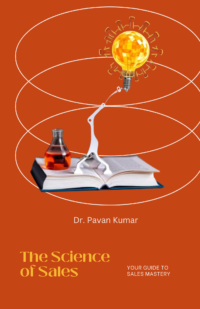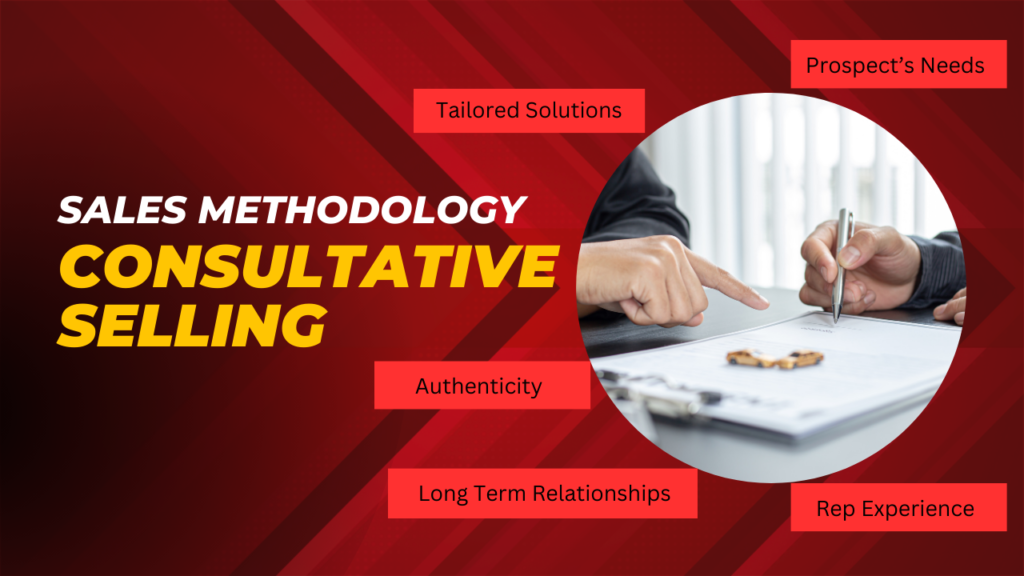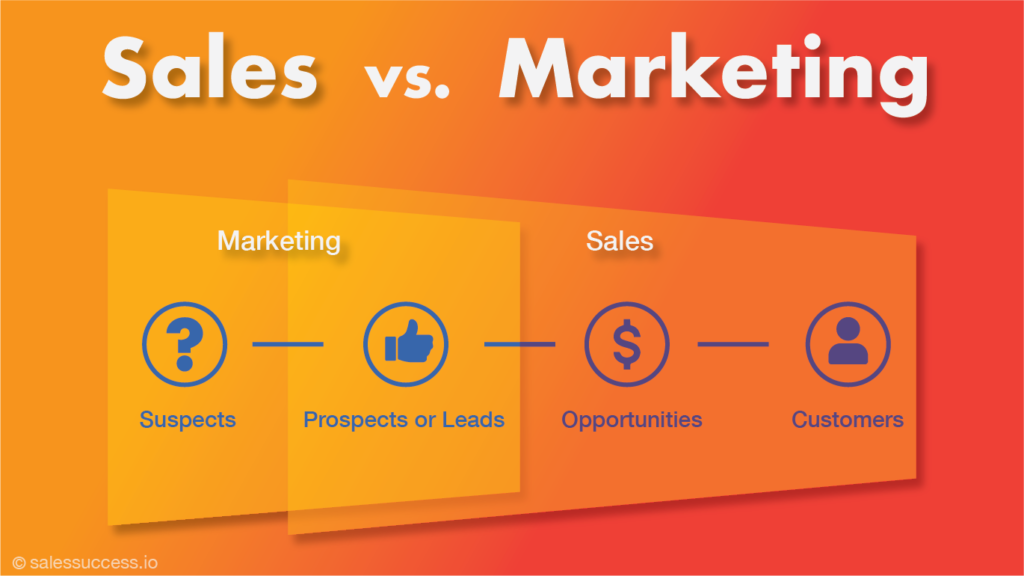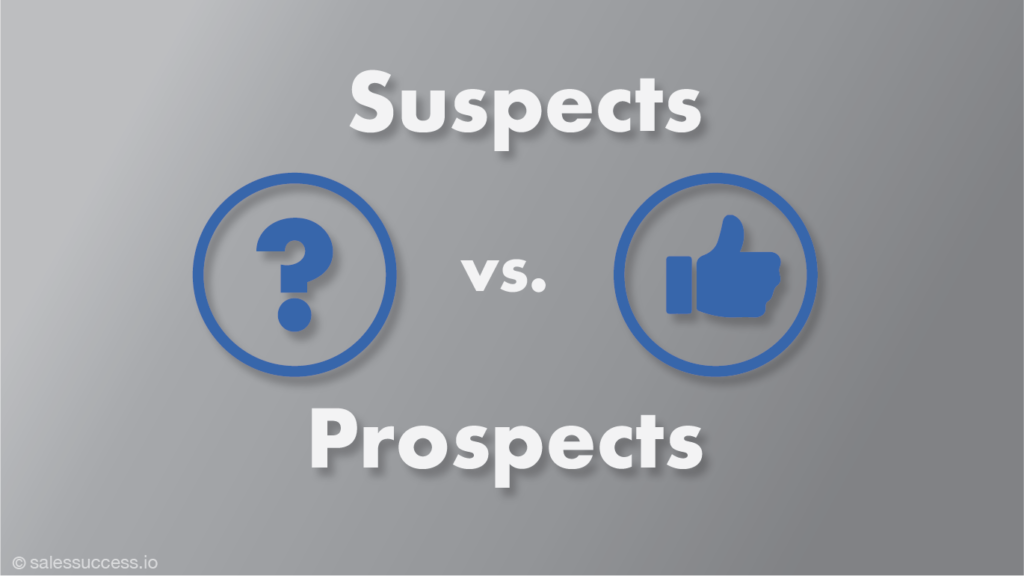- Top Sales Methodologies: When to Use Them and How AI Fits In
- Buying Committee: Mastering Stakeholder Engagement
- SPIN Selling: Methodology for Large, Complex Deals
- Consultative Selling: Mastering Strategies for Modern Buyers
- Target Account Selling: Maximizing Success with Key Accounts
![]()
Introduction
Consultative selling strategies involve more than merely selling a product; they entail understanding customer needs and providing customized solutions.
In this article, we will delve into the principles and practices of consultative selling. We will discuss the importance of experience and authenticity, along with what consultative selling refers to. These factors play a crucial role in guiding prospects to make informed decisions.
Moreover, we will explore why consultative selling is particularly relevant in today’s business landscape. Buyers are more informed, skeptical, and face increased complexity in their roles.
So let us dive in and uncover the essence of consultative selling.
what is consultative selling?
The Core Principles of Consultative Selling
Consultative selling revolves around several core principles that distinguish it from traditional sales approaches.
Active Listening
One such principle is active listening, where sales professionals prioritize understanding customer needs over pitching products.
By actively listening to customers, salespeople can uncover valuable insights and identify opportunities to provide tailored solutions.
Probing Questions
Another key principle is asking probing questions.
Rather than relying on scripted pitches, consultative sellers engage in meaningful conversations with prospects. They uncover their pain points, challenges, and goals.
These probing questions help sales professionals gather essential information and gain a deeper understanding of the customer’s unique situation.
Trusted Advisor
Moreover, consultative selling emphasizes the importance of providing value-added insights.
Sales professionals act as trusted advisors, offering relevant industry knowledge, best practices, and solutions. These solutions address the customer’s specific needs and challenges.
By delivering value beyond the product or service being sold, salespeople position themselves as valuable partners rather than mere vendors.
Long-term Relationships
At the heart of consultative selling is the goal of building long-term relationships based on trust, credibility, and mutual understanding.
Sales professionals strive to create genuine connections with customers, earning their trust and confidence over time.
This relational approach fosters loyalty and increases the likelihood of repeat business and referrals.
Authenticity
Authenticity is a cornerstone of consultative selling. Customers are more likely to engage with sales professionals who are genuine and sincere.
By being authentic, salespeople can establish rapport and build meaningful connections with customers, laying the foundation for successful long-term relationships.
In summary, consultative selling strategies revolve around several core principles. These include active listening, asking probing questions, and acting as a trusted advisor.
By prioritizing understanding customer needs and offering value-added insights, sales professionals can build authentic, long-term relationships that drive sales success.

Read the book here.
The Consultative Selling Process
The consultative selling process consists of several key stages. These stages guide sales professionals through the journey of understanding customer needs and providing tailored solutions.
Discovery
It begins with the initial discovery phase. Here, sales professionals engage with prospects to gather information about their business, challenges, and goals.
During this phase, active listening plays a crucial role. Asking probing questions is also essential in uncovering the prospect’s underlying needs and pain points.
Needs Assessment
Next comes the needs assessment stage, where sales professionals delve deeper into the prospect’s requirements and objectives.
By conducting thorough needs assessments, salespeople gain a comprehensive understanding of the prospect’s specific challenges, goals, and preferences.
Presentation
Once the needs have been identified, the solution presentation stage follows. Sales professionals propose tailored solutions that address the prospect’s unique needs and challenges.
This involves presenting value-added insights and demonstrating product features. Sales professionals showcase how the proposed solution can deliver tangible benefits and value to the prospect’s business.
Trusted Advisor
Throughout the consultative selling process, sales professionals act as trusted advisors, guiding prospects through their decision-making journey.
By helping prospects uncover latent needs and identify optimal solutions, salespeople empower them. They make informed decisions that align with their unique challenges, goals, and priorities.
Relationships
Moreover, consultative selling involves ongoing relationship management. Sales professionals nurture and strengthen their connections with prospects and customers over time.
By fostering long-term relationships built on trust, credibility, and mutual understanding, salespeople position themselves as valuable partners and trusted advisors. This approach drives customer loyalty and retention.
In summary, the consultative selling process revolves around understanding customer needs, providing tailored solutions. It empowers prospects to make informed decisions that drive mutual success.
Leveraging Experience and Expertise
Experience and expertise are foundational elements of consultative selling, contributing significantly to a sales professional’s credibility and effectiveness.
In consultative selling, experienced sales professionals leverage their industry knowledge and insights to provide valuable guidance and recommendations to prospects.
By drawing on their wealth of experience, sales professionals can anticipate customer needs, identify potential challenges. They offer innovative solutions that address specific pain points.
This proactive approach allows them to position themselves as trusted advisors. They understand the intricacies of the prospect’s business and industry.
Moreover, the reputation and trust built by experienced sales professionals play a crucial role in consultative selling.
Sales professionals with a proven track record of success and reliability are trusted by prospects. They are more likely to trust their recommendations and advice.
Enhancing the credibility of the sales professional, this trust fosters stronger relationships with prospects. It drives long-term loyalty and customer satisfaction.
In summary, consultative selling strategies involve guiding sales professionals through stages such as discovery, needs assessment, and solution presentation.
Consultative selling strategies emphasize understanding customer needs and providing tailored solutions. They aim to drive mutual success by acting as trusted advisors and nurturing long-term relationships.
Adapting to Modern Buyer Expectations
Consultative selling is uniquely positioned to meet the expectations of modern buyers. These buyers are characterized by their heightened levels of information, skepticism, and role complexity.
In today’s competitive landscape, traditional sales tactics are often ineffective in engaging and persuading modern buyers. They prioritize authenticity, relevance, and value in their interactions with sales professionals.
Consultative selling addresses these expectations by emphasizing personalized engagement, active listening, and tailored solutions. These strategies directly address the buyer’s challenges and objectives.
By taking a consultative approach, sales professionals can build trust, credibility, and rapport with modern buyers. This fosters stronger relationships and increases the likelihood of successful outcomes.
There is a key advantage of consultative selling in modern sales environments. It is its ability to adapt to the unique needs and preferences of each buyer.
Instead of a one-size-fits-all approach, consultative sellers take the time to understand the buyer’s individual circumstances, goals, and pain points.
This personalized approach allows them to tailor their recommendations and solutions accordingly, leading to more effective engagement and better outcomes.
Case studies and examples serve as powerful illustrations of the effectiveness of consultative selling strategies in modern sales environments.
Organizations can gain valuable insights into the practical applications and benefits of consultative selling by showcasing real-world scenarios.
They demonstrate how consultative selling has led to significant business outcomes. This includes increased revenue, improved customer satisfaction, and enhanced long-term relationships.
Conclusion
In conclusion, consultative selling offers a strategic approach for sales professionals to navigate the complexities of modern buyer expectations.
Consultative selling empowers sales professionals to engage effectively with modern buyers and drive meaningful results. This is achieved by prioritizing customer needs, delivering tailored solutions, and fostering long-term relationships.
Sales professionals are encouraged to embrace the principles of consultative selling and integrate them into their sales practices.
Sales professionals can differentiate themselves in a competitive market by adopting a consultative approach. This enables them to build trust and credibility with customers and achieve sustainable success in their sales endeavors.
Explore how consultative selling aligns with target account selling to maximize success in key accounts, detailed in the 3rd part of our series.
Subscribe to our Blog



